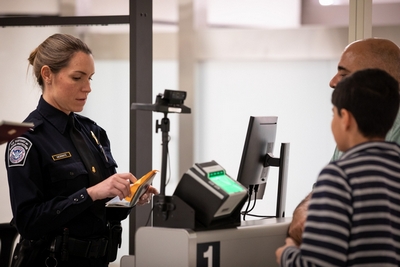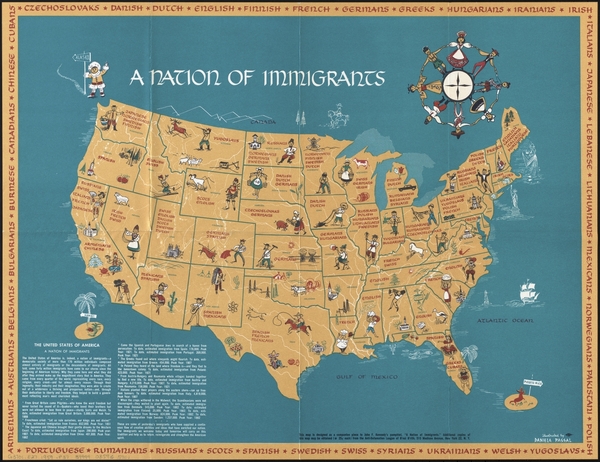
The E-2 investor visa provides a pathway for foreign nationals to enter the United States by investing in a U.S. business. One of the available components of this process is the use of escrow accounts, particularly when structuring the purchase of a business with a visa contingency clause. This strategy can safeguard the investor's capital if the visa application is denied, but it's not without its pitfalls, especially when dealing with businesses that are not performing well.
Understanding Escrow in the Context of E-2 Visa
An escrow account acts as a protective intermediary between the buyer (investor) and the seller or franchisor. When funds are placed in escrow, they are held by a neutral third party until specific contractual conditions are met—in this case, the approval of the E-2 visa. If the visa is not granted, the escrow service returns the funds to the investor, mitigating the financial risk involved in the transaction. Some agreements might include a non-refundable component to compensate sellers for their time and potential business disruption, which is a critical consideration for both parties.
The Appeal of Buying a Failing Business
Investors might be drawn to a failing business for several reasons:
- Recovery Potential: A business that has declined due to the previous owner's personal issues or mismanagement might possess inherent potential for recovery.
- Untapped Opportunities: Some businesses fail to capitalize on available opportunities. A new owner might bring fresh perspectives and strategies.
- Prime Location: A business in a prime location might simply need better marketing or a facelift to attract more customers.
- Discounted Purchase Price: Financial decline often leads to a reduced selling price, making such businesses financially attractive, especially if the investor believes in the underlying value and potential for turnaround.
The Risks of Using Escrow with Low-Performing Businesses
While escrow accounts provide a safety net by ensuring the investment is only finalized upon visa approval, they can also mask underlying business issues that could jeopardize the E-2 visa application itself. Here’s why using an escrow might not always be advisable:
- Masking Business Viability: Escrow does not solve the fundamental problems of a failing business. The E-2 visa requires that the enterprise must not only be real and operating but also capable of generating more income than just providing a minimal living or making a marginal contribution to the economy.
- E-2 Visa Application Strength: Taking over and improving a struggling business before applying for the E-2 visa often strengthens the application. Demonstrating proactive management and initiating positive changes can show the U.S. Citizenship and Immigration Services (USCIS) that the investor is committed and capable of turning the business around.
- Job Creation and Economic Impact: USCIS places significant emphasis on the economic impact of the E-2 business. A low-performing business might not meet these criteria, especially if it lacks the potential to create jobs or boost economic activity in its locality.
When Not to Use Escrow
Using escrow should be reconsidered in the following scenarios:
- If Immediate Business Intervention is Required: If a business needs urgent intervention to prevent further decline or capitalize on time-sensitive opportunities, waiting for E-2 visa approval might not be practical.
- Significant Business Revamp Needed: If the business requires substantial restructuring or investment beyond the purchase price to become viable for the E-2 visa eligibility, tying funds in escrow might delay necessary actions.
- Complex Transactions: In cases where the business transaction is complex or involves other conditional factors that might be influenced by market dynamics or operational exigencies, having funds locked in escrow can complicate or hinder necessary agility and responsiveness.
Conclusion
While the escrow account offers a financial safety net for E-2 visa applicants, it's crucial to assess the overall health and potential of the business being purchased. Investors must weigh the benefits of protecting their investment against the potential of strengthening their visa application by demonstrating effective, proactive management and commitment to turning the business around. In many cases, the risk of a business being viewed as marginal by the immigration authorities can outweigh the benefits of using escrow, especially if the business’s current state could undermine the credibility of the E-2 visa application.
Please Note: This blog is intended solely for informational purposes and should not be regarded as legal advice. As always, it is advisable to consult with an experienced immigration attorney for personalized guidance based on your specific circumstances.

















